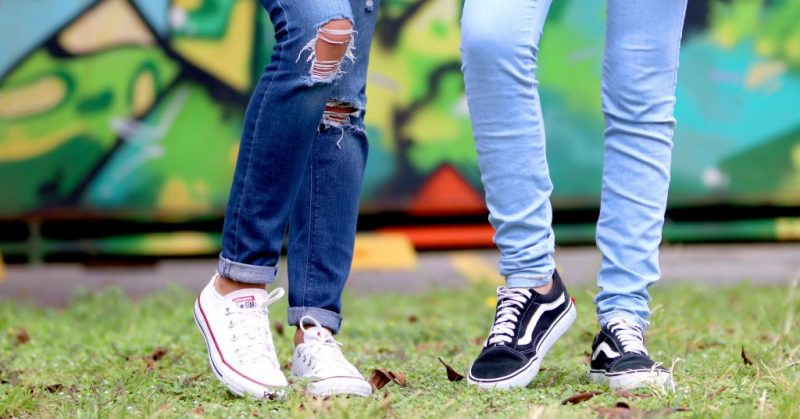The Kenyan government has lifted its ban on the importation of second-hand clothes and shoes with the publication of new safety protocols.
Kenya National Bureau of Standards (KNBS) and the Ministry of Trade published the new guidelines which require all cargo subjected to physical examination and certification under the Pre-export Verification of Conformity to Standards (PVoC) requirements.
“The guidelines provide a framework for enforcing additional safety measures such as cleaning and fumigation of used textiles and shoes at the country of origin before baling, and at the wholesale or retail stores including surrounding areas every day at the closure of business,” said Kenya Bureau Of Standards (KEBS) Managing Director Bernard Njiraini.
For instance, used clothing and shoes must be cleaned and fumigated before baling. They shall be accompanied by a fumigation or treatment certificate issued by a competent authority in the country of supply.
However, KEBS has prohibited the importation of used nightwear including pyjamas, nightdresses and
nightgowns, hospital wear; Used bath towels; Used undergarments including women briefs, men’s briefs, brassieres, camisoles, socks, stockings and underwear.
In March, the Kenya Bureau of Standards (KEBS) banned imports of second-hand clothes and shoes in line with World Health Organization guidelines.
“The protocols in place restrict the importation of second-hand clothes from virus prone countries. We are only trying to comply with that protocol,” Cabinet Secretary for Industry, Trade and Enterprise Development, Betty Maina had said
“Failure to adhere to this protocol shall result in rejection of the products and may result in the implementation of any other legal sanctions provided under the law,” KEBS says in regulations posted on its website.




